FREQUENTLY ASKED QUESTIONS
When many people hear the word “coach,” they immediately think of a football or tennis coach. In those “coach” settings, the coach corrects a faulty swing or pattern of activity, setting goals for the athlete to strive to reach. But in a professional coaching relationship, the focus is on the values, strengths, knowledge and experience of the one being coached, with the coach acting as a catalyst to aid in the exploration and deployment of those intrinsic attributes.
Unlike traditional therapy or counseling, coaches don’t focus on childhood or past experiences that might be at the root of why people live or act the way they do. Rather, coaches help healthcare professionals focus on the future, changes they wish to make, goals they would like to accomplish and the specific and measurable ways they will achieve those results.
Coaching is also very different from consulting, in that consultants are paid to diagnose needs and recommend solutions based on their own specialized expertise or knowledge in a particular field. Coaches, on the other hand, use powerful questions to promote discovery and generate solutions arrived at by the individual being coached.
Coaches do not seek to identify or diagnose any psychological or mental health disorders. There is no formulation of any treatment plans. Should a psychological problem come to light that might benefit from counseling rather than coaching, the client is promptly informed and referred to the appropriate helping professional.
A successful coaching engagement is centered on a learning conversation between coach and client. Professional coaches have knowledge, skills and experience in using these conversations to optimize client results.
The first step in the process involves the establishment of a trusting relationship between coach and client. This is followed by the education of the client regarding the coaching principles and process, and the informed consent of the client to engage the coaching process, as evidenced by a formal or informal coaching agreement.
The coaching sessions involve active listening, powerful questions and direct communication designed to reveal new insights and awareness in the client. This new awareness is then focused and applied in designing action that ultimately leads to new behaviors and, consequentially, new results. The coach provides support and encouragement, along with accountability if the client desires, that assist the client in living out these new action steps.
Ultimately, a successful coaching engagement yields new actions leading to new results that provide the client with greater personal fulfillment or enhanced professional performance.
When many people hear the word “coach,” they immediately think of a football or tennis coach. In those “coach” settings, the coach corrects a faulty swing or pattern of activity, setting goals for the athlete to strive to reach. But in a professional coaching relationship, the focus is on the values, strengths, knowledge and experience of the one being coached, with the coach acting as a catalyst to aid in the exploration and deployment of those intrinsic attributes.
Unlike traditional therapy or counseling, coaches don’t focus on childhood or past experiences that might be at the root of why people live or act the way they do. Rather, coaches help healthcare professionals focus on the future, changes they wish to make, goals they would like to accomplish and the specific and measurable ways they will achieve those results.
Coaching is also very different from consulting, in that consultants are paid to diagnose needs and recommend solutions based on their own specialized expertise or knowledge in a particular field. Coaches, on the other hand, use powerful questions to promote discovery and generate solutions arrived at by the individual being coached.
Coaches do not seek to identify or diagnose any psychological or mental health disorders. There is no formulation of any treatment plans. Should a psychological problem come to light that might benefit from counseling rather than coaching, the client is promptly informed and referred to the appropriate helping professional.
If you have unreached goals and aspirations and have felt somewhat constrained or unsuccessful in your pursuit of these goals or aspirations, coaching may be for you. If you are at a significant decision point in life, coaching may be for you. If you desire to do some personal strategic planning or life evaluation, coaching may be for you.
If you wish to construct a plan for the future you desire, coaching may be for you. If you wish to optimize your opportunities for success in that pursuit, coaching may be for you. If you wish to center your life around the things that matter most to you, coaching may be for you. If you have lost your joy or are experiencing burnout, coaching may be for you.
If you are willing to share honestly and openly with a trusted coach and trust another person to partner with you in moving forward in life, coaching may be for you. If you are humble and willing to listen and consider changes, even seemingly radical or transformative changes, then coaching is for you. If you are psychologically ready for the coaching process, coaching can be for you.
Just like in healthcare, competence encompasses knowledge, skills, and experience. The International Coach Federation, the largest certifying organization in the world for professional coaches, has a demanding set of educational standards that must be met in order for coaches to be ICF certified. In addition to the educational requirements, coaches must submit to oral examinations and document hundreds of hours of professional coaching before certification qualifications can be met.
Choosing a coach is similar to choosing a physician or any other helping professional. It’s important to choose a coach who is familiar with your particular life vocation and compatible with your worldview. That is why CMDA’s life coaches all share our common worldview and our common goal of experiencing the fullness of life that results when Christians live according to the high calling God places on their lives.

